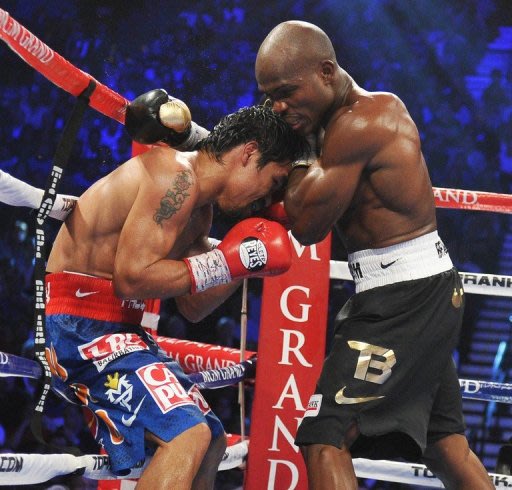 |
| This class drives me crazy. |
Filipino is now one of my teaching loads, aside from music, arts and character education. I was offered to teach one English class but I have taught English for almost five years and, to tell the truth, my English sucks so I opted to take up teaching Filipino since I haven't taught this subject.
It's a new challenge for me. Maybe next school year I would ask for a math teaching load for fun and, maybe, to kill the monotony of teaching: a little bit of everything, so to speak but subject to the chief's approval, of course.
It's a new challenge for me. Maybe next school year I would ask for a math teaching load for fun and, maybe, to kill the monotony of teaching: a little bit of everything, so to speak but subject to the chief's approval, of course.
Anyway, I was quite troubled when I found out that quite a few Filipino words that were not that deep, really, and was quite well used during my childhood were now virtually unheard of and unknown to most of my pupils.
I was discussing Filipino sentence structure, which is reverse to that of English sentence pattern because in Filipino the predicate comes first before the subject... well...this is grammar stuff which I hate.
I was discussing sentence pattern and the sample sentences used words like "aso" (thick smoke), "dukwang" (to reach and grope), "parang" (plains), etc. I saw puzzled looks from my pupils and they started raising their hands asking for the meaning of these words.I scratched my head and told them, irritably may I say, that these words were plain, simple and not-that-literary words that Filipinos use daily. But they gave me the look.
I was discussing sentence pattern and the sample sentences used words like "aso" (thick smoke), "dukwang" (to reach and grope), "parang" (plains), etc. I saw puzzled looks from my pupils and they started raising their hands asking for the meaning of these words.I scratched my head and told them, irritably may I say, that these words were plain, simple and not-that-literary words that Filipinos use daily. But they gave me the look.
With little reflection, I realized that these words are not that popular anymore because nobody uses wood fueled stove anymore; there are no more plains, and there are no big tables filled with food to make dukwang with. I had to illustrate "dukwang" by telling them news stories of how celphone thieves steal items from display counters.
Anyway...


.jpg)
.jpg)
.jpg)
.jpg)






